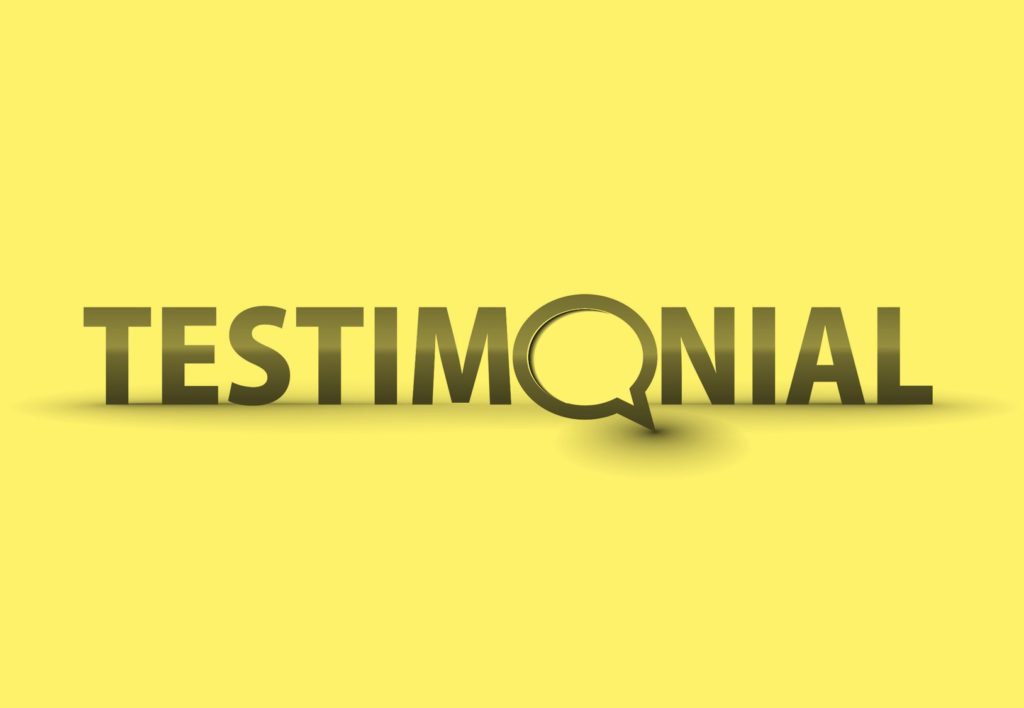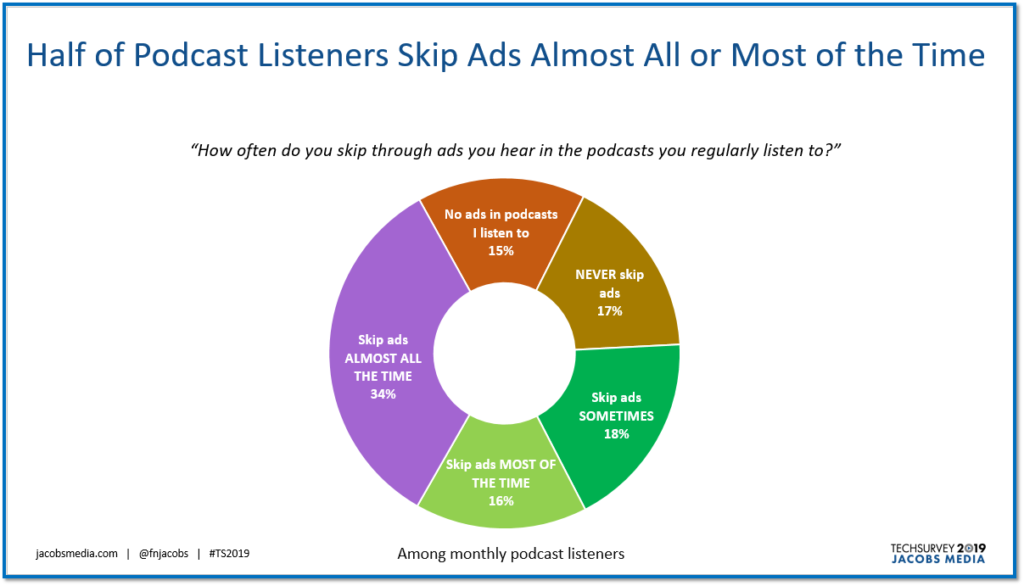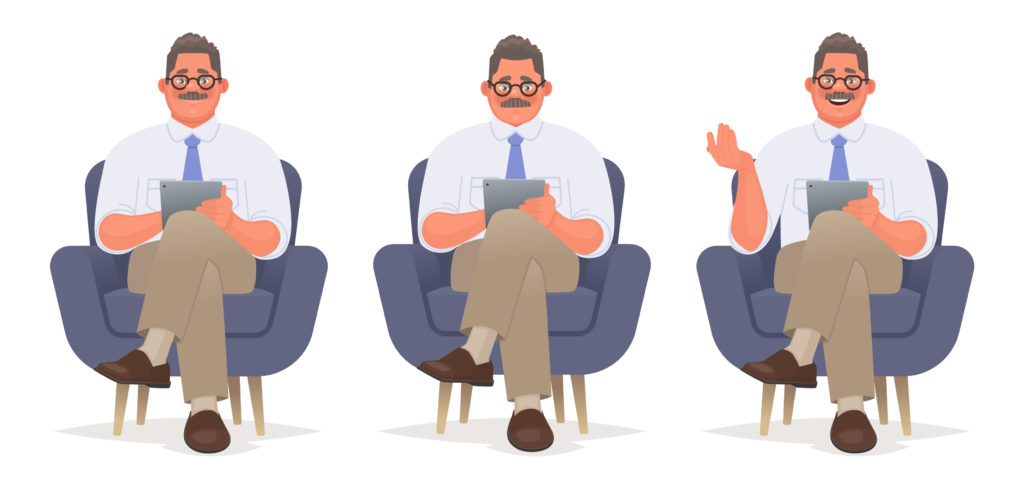
Many of you read about Buzz Knight’s recent move from Beasley Media Group to starting his own consulting initiative. I’ve known Buzz as a friend, colleague, and collaborator for years.
He’s an innovative guy with one foot in the future, but the other rooted in the trajectory of where broadcast radio is headed today. So, when he speaks about the state of the industry, it is a wizened, considerate point of view.
In his “exit interview” with Radio Ink, Buzz had this to say about radio advertising and commercial effectiveness:
“(Radio needs) more creative ways to integrate what’s good for the advertisers and good for programming. In talking to a friend of mine, who is one of the top European consultants, programmers over there are more in sync with the notion of integration. In some cases, he tells me some of the program directors are called integration directors in terms of how they take what a client needs and find creative promotions that wins for the client and integrates into station programming.”
I thought about Buzz’s observations while reading a commentary in Social Media Explorer by Adam Torkildson: “Why Are Testimonial Ads Still So Effective?”
His main point is that tried-and-true ads read by influential personality or happy “customers” are often effective because of what he refers to as “social proof.”
Torkildson defines this phenomenon as what happens when several people sing the praises of a brand, product, or service. In time, these ads provide sufficient “social  proof” for many consumers to reach the same conclusion.
proof” for many consumers to reach the same conclusion.
What is “social proof?”
It an academic term – a concept popularized by a psychologist, Robert Cialdini. According to The Psychology Notes (an online resource for psych students), “Social proof is one way for us to to discern what is correct through reference to what other people think is correct….”
They list three attributes that explain the effectiveness of “social proof.”
Uncertainty – When you’re not sure about a situation (or product), getting reassurance from others can provide guidance and clarity. Think about radio (and TV) commercial loads. When you’re bombarded with scores of ads, ones that contain testimonials might stand out in a positive and credible way.
Similarity – We relate to others who are seemingly like ourselves. Commercials that feature spokespeople – real people or actors – who mirror our demographics, appearance, or experience – tend to provide “social proof.” Think of it as subtle “peer pressure.”
Expertise – “Social proof” is amplified when an ad comes from a familiar or influential person. A Dj hawking a mattresses company, lasik surgery clinic, or home remodeling company has more credibility than a production voice or anonymous announcer reading copy.
 Unlike TV, radio has struggled with some of the integration Buzz speaks about – especially product placement. But the medium excels in testimonials – the vehicle that provides much of the “social proof” psychologists and marketers pay attention to. It’s why so many clients desire – OK, make that demand – the morning host reads their commercials.
Unlike TV, radio has struggled with some of the integration Buzz speaks about – especially product placement. But the medium excels in testimonials – the vehicle that provides much of the “social proof” psychologists and marketers pay attention to. It’s why so many clients desire – OK, make that demand – the morning host reads their commercials.
These testimonials don’t just stand out, but contain both an implicit endorsement while also providing all three elements mentioned by Cialdini in his popular book, “Influence,” written 35 years ago.
And of course, podcasters have picked up on the trend. Not only do podcasts greatly limit the number of ads that accompany their content, many are typically served up by the show’s hosts. The conventional wisdom coursing through the podcast community is that these ads tend to be more effective than the highly produced commercials typically heard on the radio. And that’s another reason why so many major sponsors flock to podcasts. “Social proof” is effective in their community, too.
Of course, that assumes podcasting fans even bother to sit through them. Our Techsurveys suggest that just like in commercial radio (and other media content that contains commercials), making it possible for listeners to skip ads can become a self-fulfilling prophecy. If you’re in podcasting and you believe most of your acolytes are happily sitting through your clever live reads, think again. Half of regular podcast consumers tell us they skip most if not all the ads they hear.
 Still, many advertisers believe there’s “social proof” about personality reads – that is testimonials. And that truth raises questions about the quantity and quality of most radio advertising. I won’t dive into commercial loads or recommended limits in this post – but it’s a fact most broadcasters would reluctantly and quietly admit there are simply too many spots in a typical hour on commercial radio stations – in big and small markets, and on local and syndicated radio shows.
Still, many advertisers believe there’s “social proof” about personality reads – that is testimonials. And that truth raises questions about the quantity and quality of most radio advertising. I won’t dive into commercial loads or recommended limits in this post – but it’s a fact most broadcasters would reluctantly and quietly admit there are simply too many spots in a typical hour on commercial radio stations – in big and small markets, and on local and syndicated radio shows.
Are radio broadcasters truly getting premium rates for testimonial (live read) ads?
Are these live reads being treated as the most highly valued marketing vehicles by station sales departments?
Are most stations running too many testimonials, especially from personalities in demand by advertisers?
Why don’t more stations grasp the power of their airstaff testimonials, and use this technique to promote their own programming and events?
That last one is especially integral to this discussion because so many broadcasters have become so committed to and reliant upon their “station voice,” they relinquish the power and influence of their hometown personalities. “Mr. (or Ms.) Big Voice” can clearly provide much-needed cred and well, “bigness.” But when a recognizable, local radio fixture tells you about the station festival, a special weekend, or what the morning show’s up to tomorrow, it has a certain resonance.
Your air personalities may be perfect spokespeople for selling jewelry, cars, and smartphone plans. They’re just as good, if not better at, marketing a station’s most important assets – its brand, its format, its “job to do,” the things that set it apart from everyone else will tell you.
Don’t take it from me.
Two out of three psychologists agree.
- What To Do If Your Radio Station Goes Through A Midlife Crisis - April 25, 2025
- A 2020 Lesson?It Could All Be Gone In A Flash - April 24, 2025
- How AI Can Give Radio Personalities More…PERSONALITY - April 23, 2025




This is spot on, guys. However, we need the personalities to execute the plan. My BMW Store here in Denver has moved completely away from :30 spots to Testimonials. The personalities are mainly on Sports Talk stations. There are just aren’t many personalities left in music radio.
Phil, that’s a lost opportunity. Cost cutting that removes more & more of the true personalities from music stations conspires against what makes the medium an effective tool for both programming and sales. Sometimes, saving money ends up costing stations. Appreciate the comment.
I was asked to get Lazik surgery, a Flu Shot, and eat plant-based sausage substitute so I could “endorse” those products.
No thanks.
And endorsement is earned, and not just by a time buy. Surgery for a client? Seriously? That’s insane.
Unless you really want it, right? See my response to Susan Saunders. And thanks for reading our blog, Zeb.
We are a smaller market fighting for every dollar, since many agencies have suddenly decided we are now too small to buy. With a million plus listeners in our county I disagree, but we are now getting too many requests for endorsements/live reads. The large agencies are pushing back on the talent fees associated with and endorsement, and as a personality I am questioning where the line is of “selling too much”. Am I a content performer or only here to sell you something? We are running 5 different on air endorsements a morning, not including the other live sponsorships that include copy reads and produced commercials that also have our voices. It’s hard to stay valuable as an influencer when your audience only hears you a person who tells them to spend money.
I agree. Too many of these spots dillutr their effectiveness and make you sound like a radio barker. And the. There are the ones that sound implausible, dumb, or out of character. Raising the rates and saying “No” at we’re things we don’t do enough if in radio.